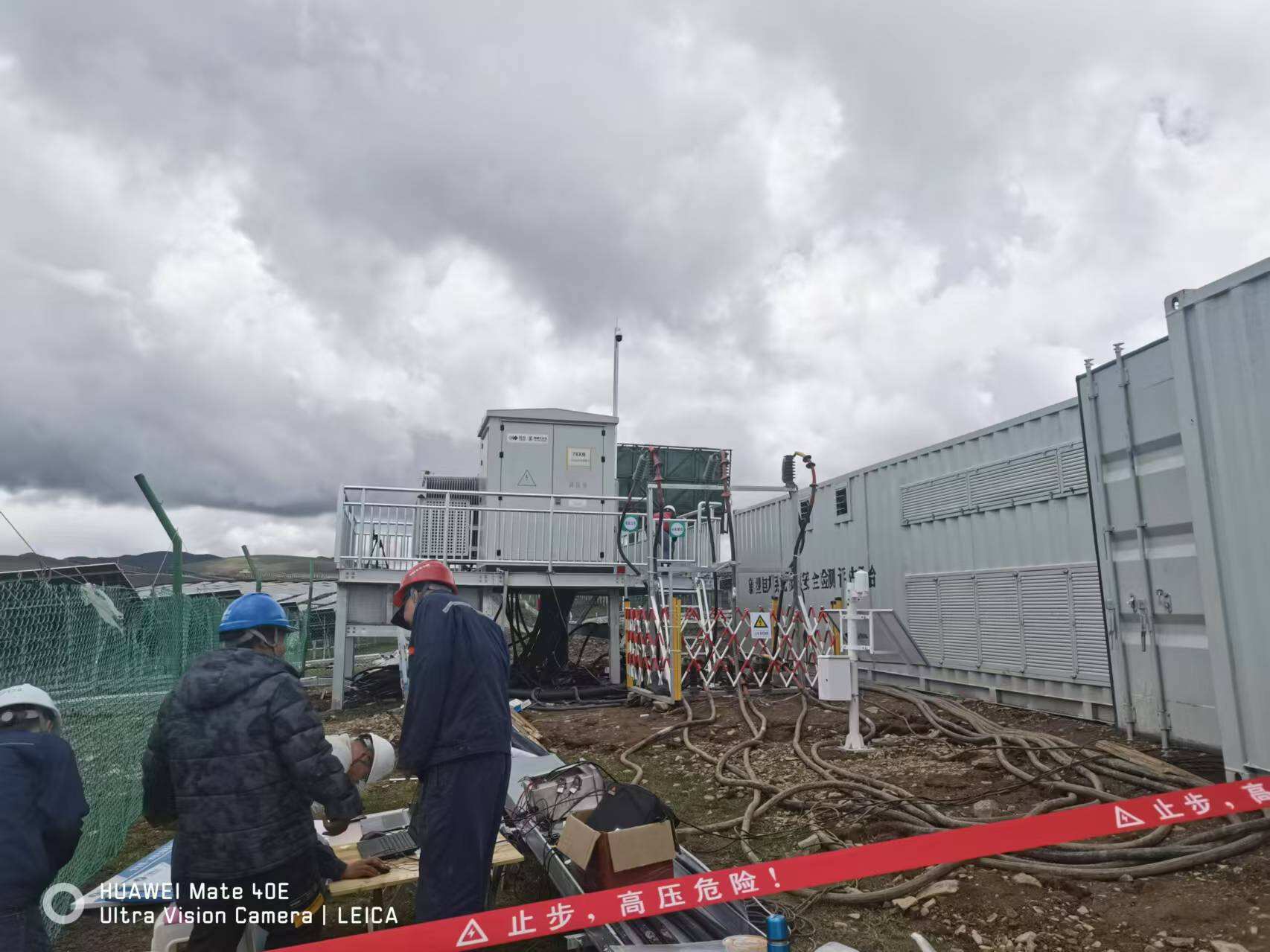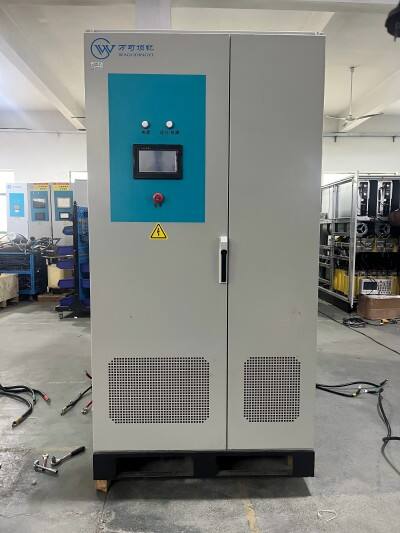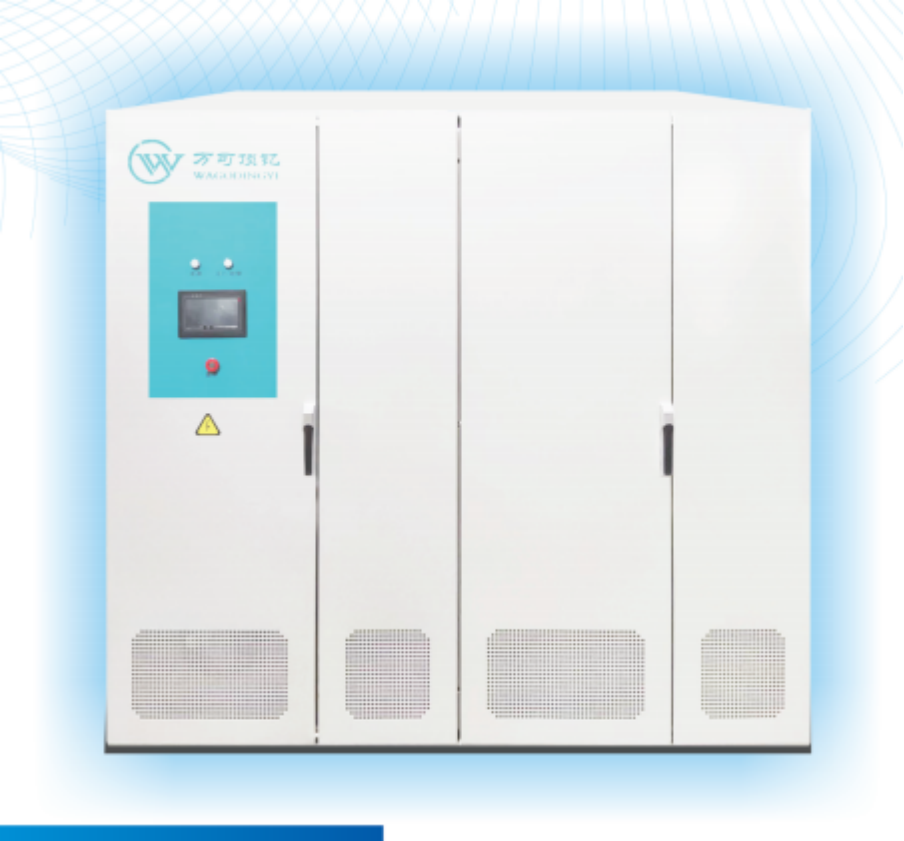acdc converter
An AC/DC converter is a sophisticated electronic device that transforms alternating current (AC) into direct current (DC), serving as a crucial component in modern power electronics. This essential device operates by rectifying AC power from standard electrical outlets into the stable DC power required by most electronic devices. The conversion process involves multiple stages, including rectification, filtering, and voltage regulation, ensuring a consistent and reliable power output. Modern AC/DC converters incorporate advanced features such as power factor correction (PFC), electromagnetic interference (EMI) suppression, and thermal management systems. These converters range from small units found in laptop chargers to industrial-grade systems powering large machinery. They play a vital role in various applications, from consumer electronics and LED lighting to telecommunications equipment and industrial automation systems. The technology behind AC/DC converters continues to evolve, with newer models offering higher efficiency ratings, compact designs, and improved power density. These devices are essential in bridging the gap between the AC power supplied by electrical grids and the DC power required by electronic devices, making them indispensable in both domestic and industrial settings.




